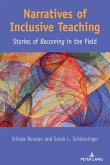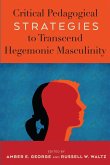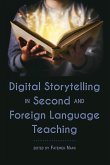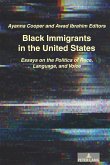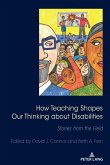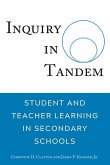The teaching of English in multilingual contexts such as Zimbabwe, where English is often not the primary language of the Black majority public school student population, is a highly contested issue. Though generally considered as necessary in an increasingly globalized, English language dominated world, this conventionally Eurocentric, elitist-oriented English education system is imbued with colonialist discourses that tend to shape and complicate educators' understandings about the place of diverse sociocultural backgrounds, ethnic-identified indigenous languages, indigenous knowledge systems, and differently abled learners within its conventional structures.
In Teacher Stories, the author utilizes postcolonialist theoretical lenses and a poststructuralist-inflected narrative inquiry approach to self-reflexively analyze her impressions of three veteran Zimbabwean teacher educators' interpretations of what they understand to be their experiences of learning and teaching English.
The purpose of this research is to provide English education scholars and policy makers with some insights into what veteran Zimbabwean English teacher educators perceive as the efficacies and challenges of implementing policy-mandated inclusive education pedagogical practices. Since English teacher educators' perspectives are a much under-researched area of English in a Zimbabwean context, this study makes a meaningful contribution to the international field of English education.
In Teacher Stories, the author utilizes postcolonialist theoretical lenses and a poststructuralist-inflected narrative inquiry approach to self-reflexively analyze her impressions of three veteran Zimbabwean teacher educators' interpretations of what they understand to be their experiences of learning and teaching English.
The purpose of this research is to provide English education scholars and policy makers with some insights into what veteran Zimbabwean English teacher educators perceive as the efficacies and challenges of implementing policy-mandated inclusive education pedagogical practices. Since English teacher educators' perspectives are a much under-researched area of English in a Zimbabwean context, this study makes a meaningful contribution to the international field of English education.
"This book adds an important perspective, that of teacher educators, to the ongoing conversation about how to create an inclusive English-language curriculum for secondary students in postcolonial African contexts. Kumbirai Khosa provides a historically contextualized, nuanced understanding of some of the successes and challenges of English education in Zimbabwe. The three featured veteran professionals, who are some of the educators at the front lines of implementing public high school education reform policies, have much to teach us all."-Rosemary Moyana, Pro Vice Chancellor and Professor of Education, University of Zimbabwe


